EDITORIAL
Published on 11 Dec 2024
Editorial: Applications of next generation sequencing (NGS) technologies to decipher the oral microbiome in systemic health and disease, volume II
doi 10.3389/fcimb.2024.1532762
- 528 views
5,440
Total downloads
17k
Total views and downloads
EDITORIAL
Published on 11 Dec 2024
ORIGINAL RESEARCH
Published on 16 Jul 2024
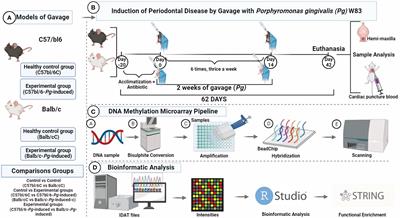
ORIGINAL RESEARCH
Published on 11 Jul 2024
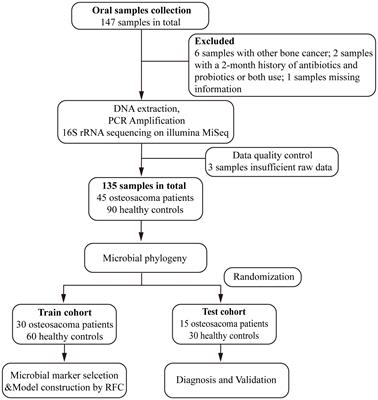
ORIGINAL RESEARCH
Published on 07 May 2024
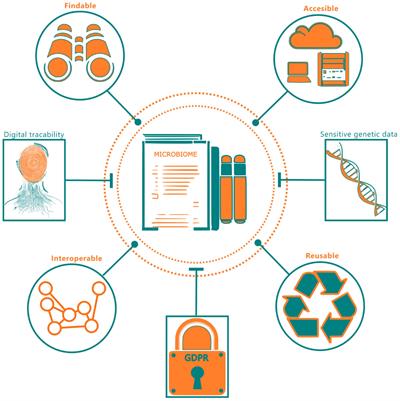
ORIGINAL RESEARCH
Published on 10 Apr 2024
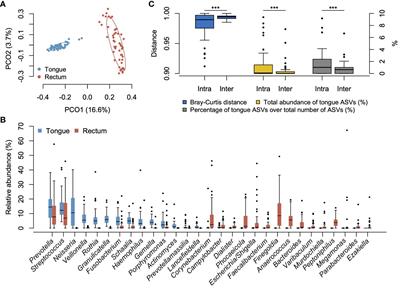
PERSPECTIVE
Published on 04 Apr 2024
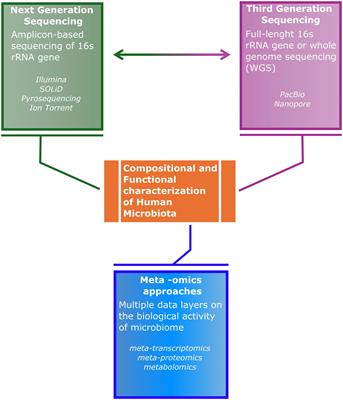
ORIGINAL RESEARCH
Published on 07 Dec 2020
